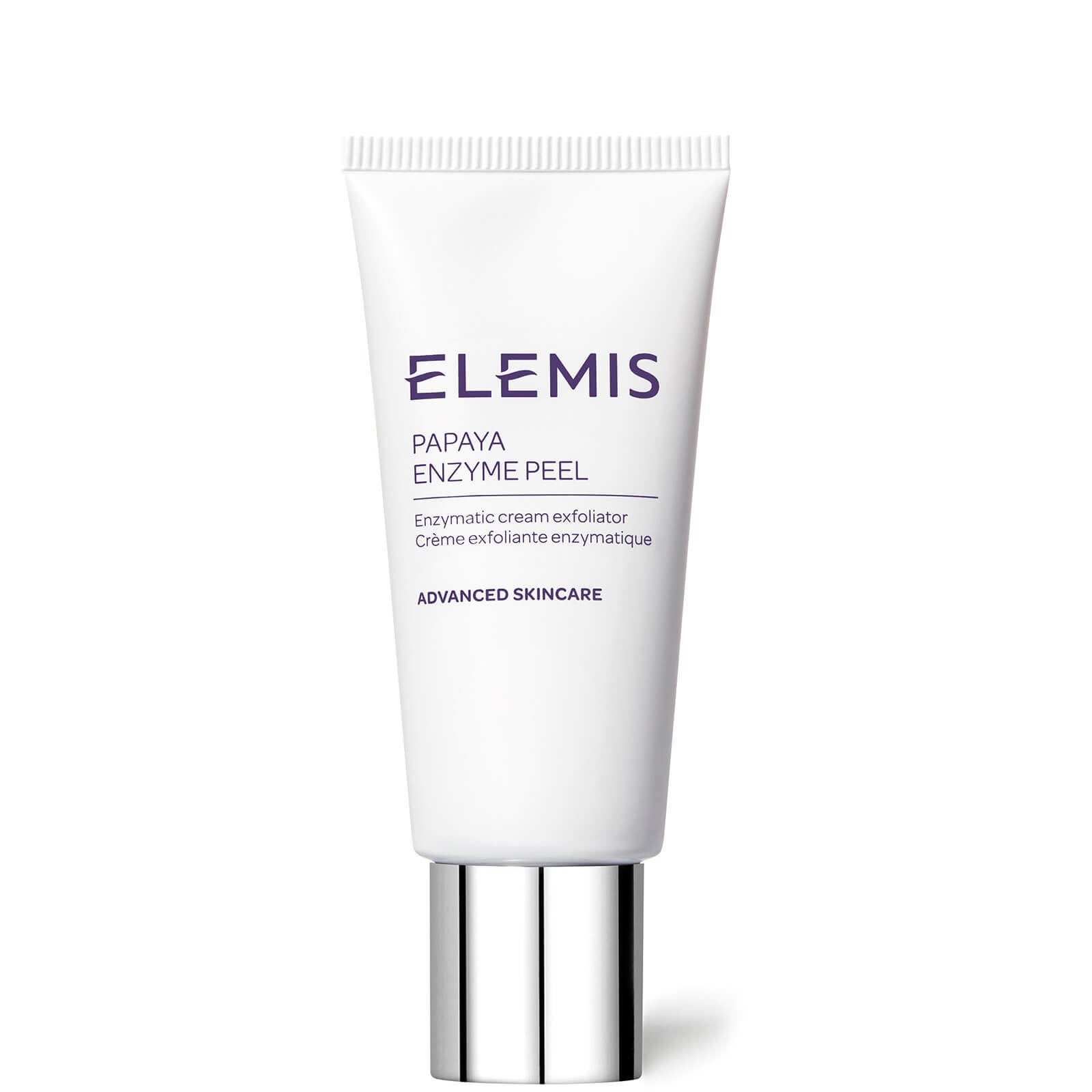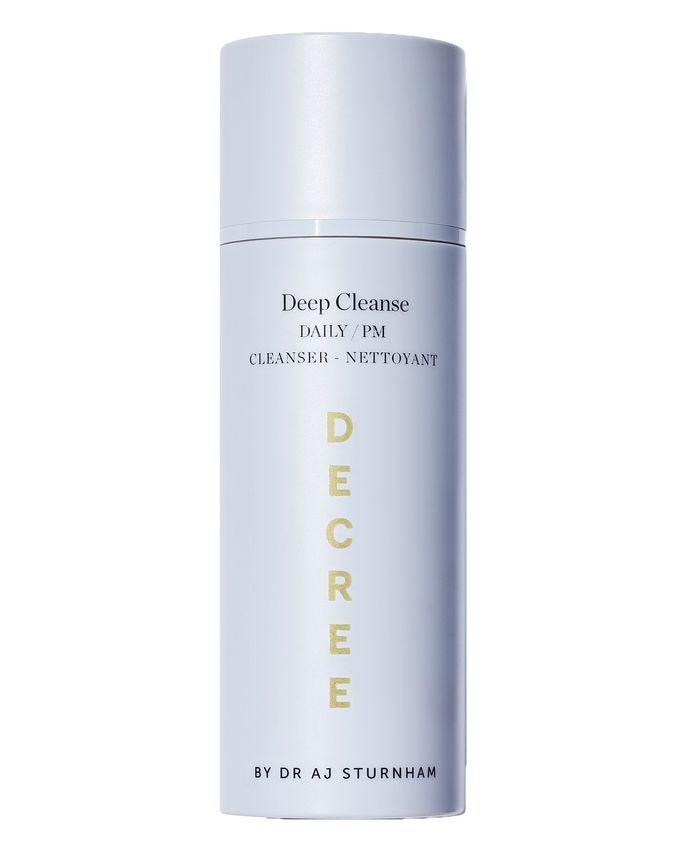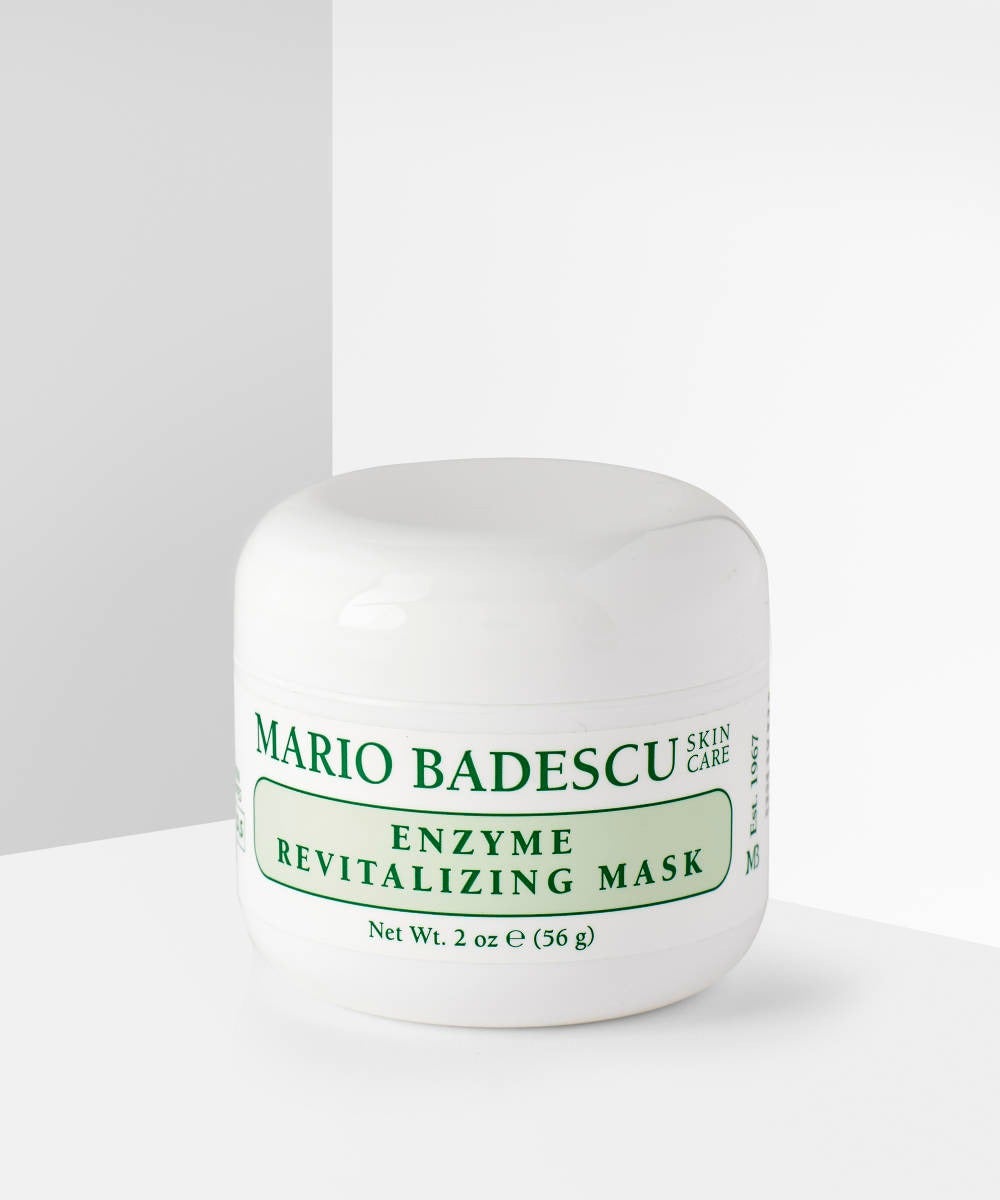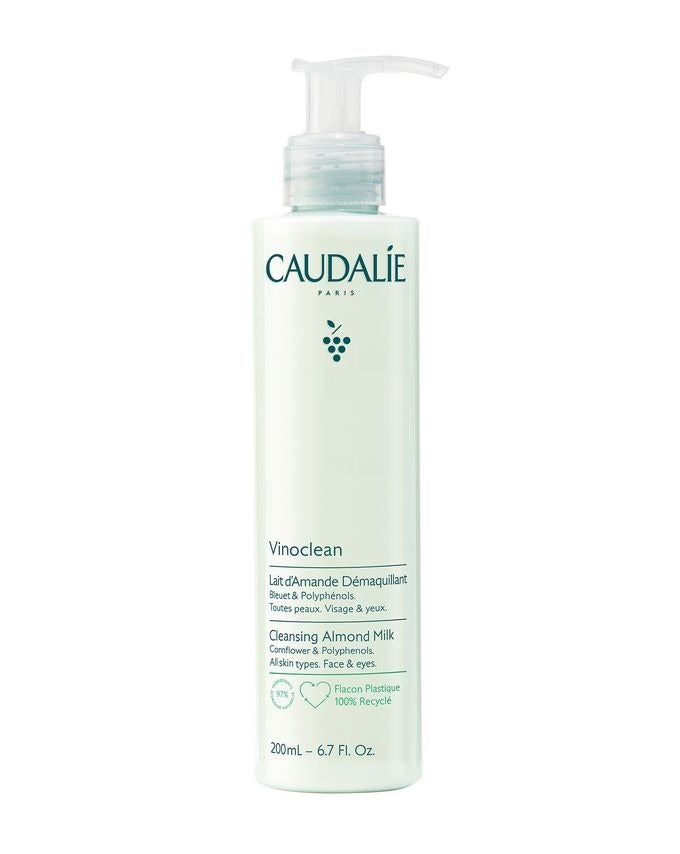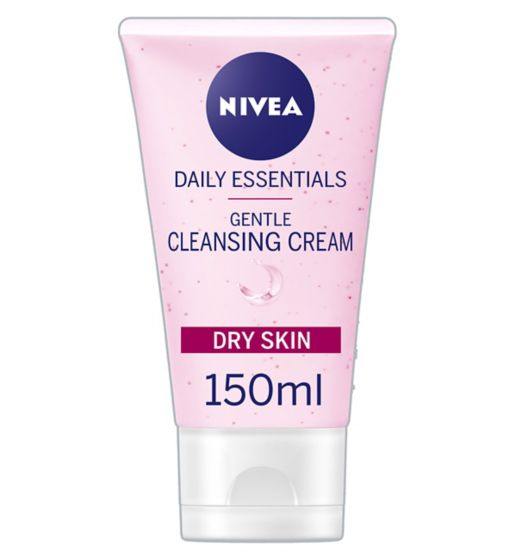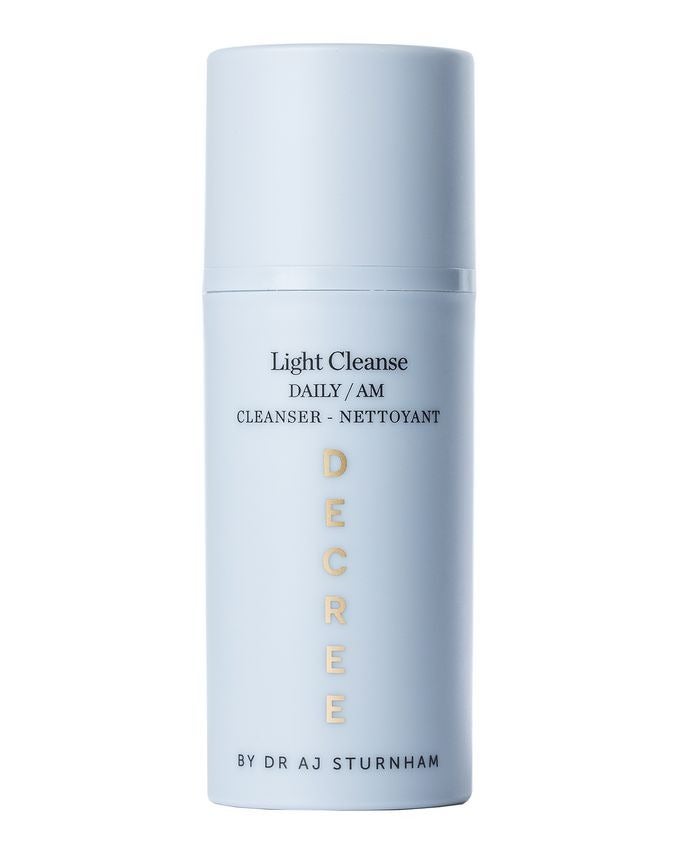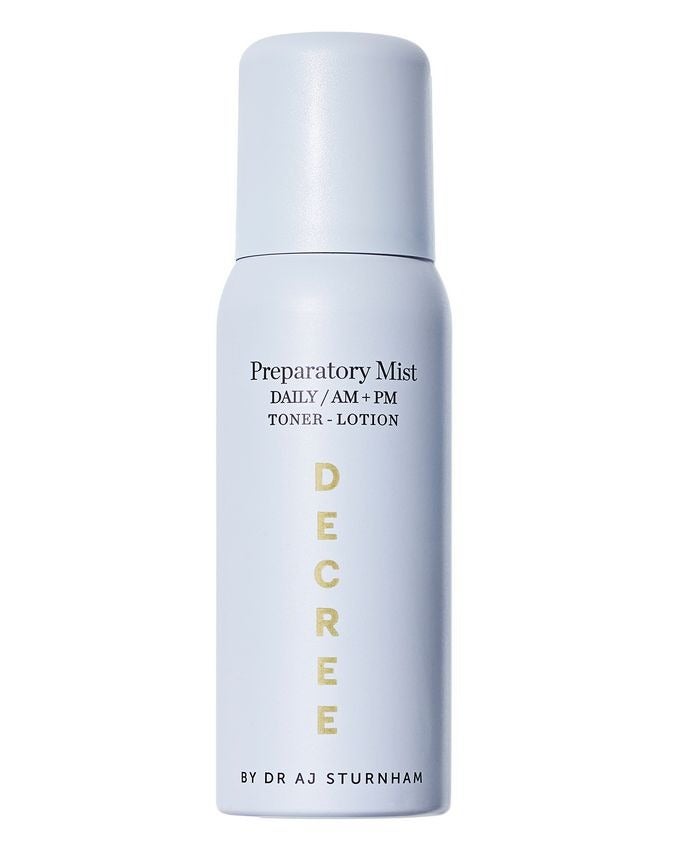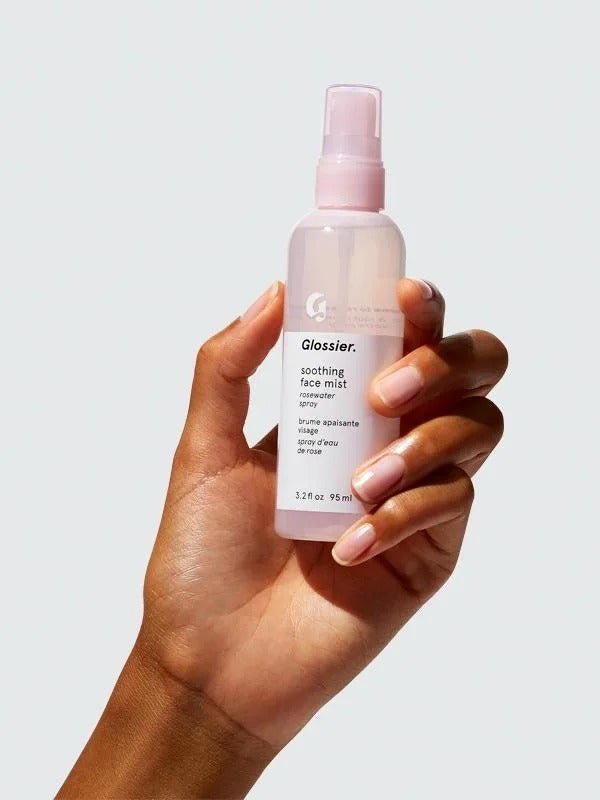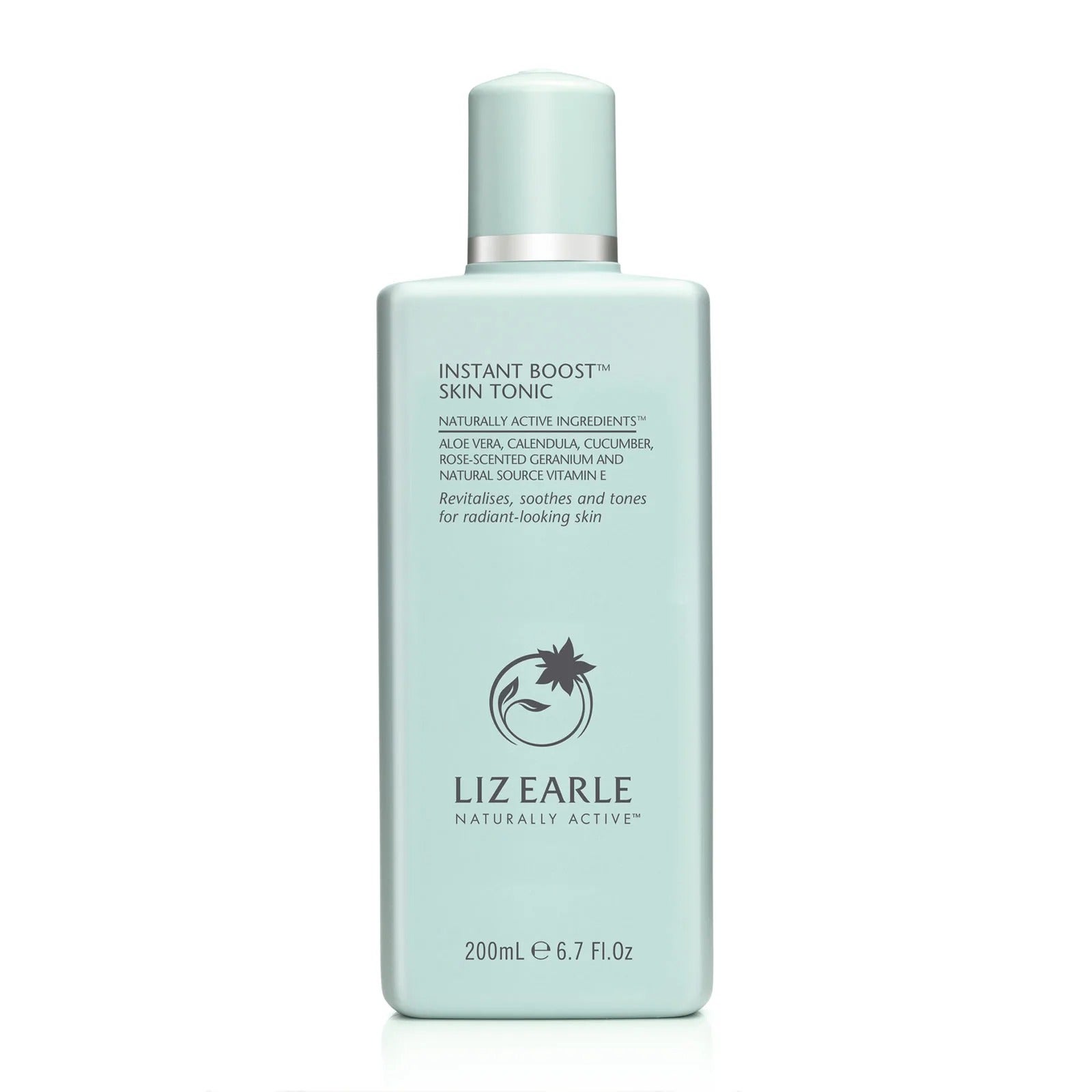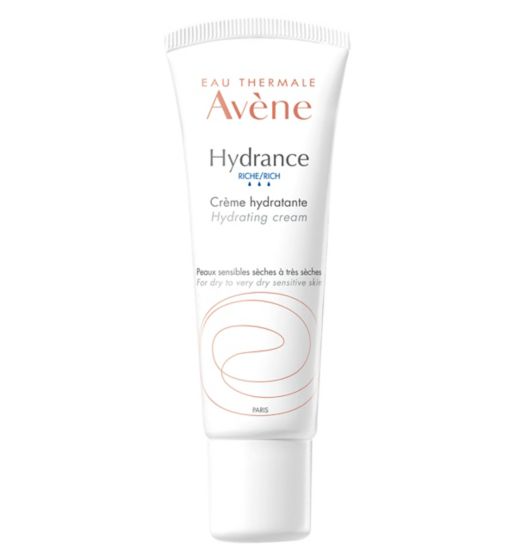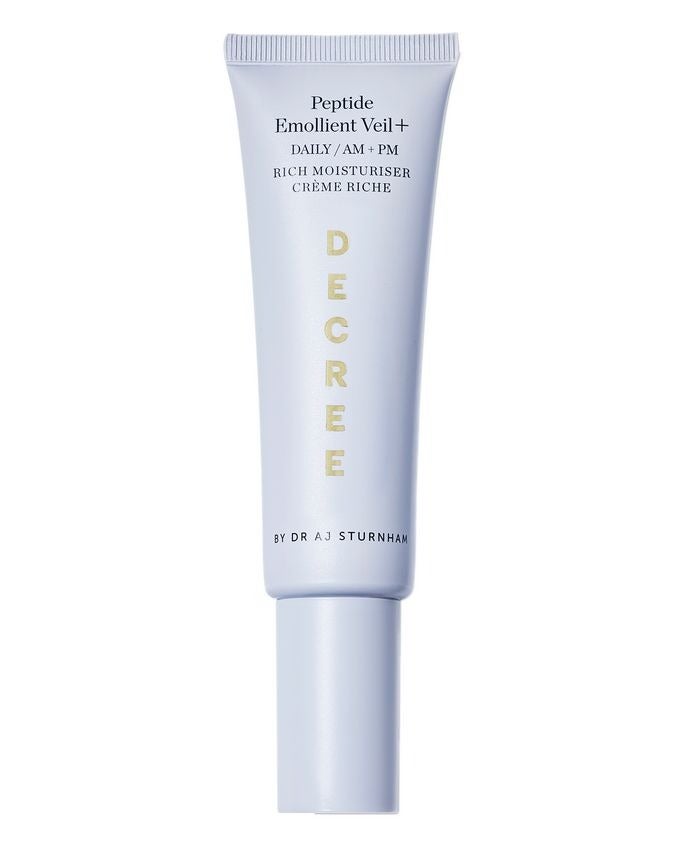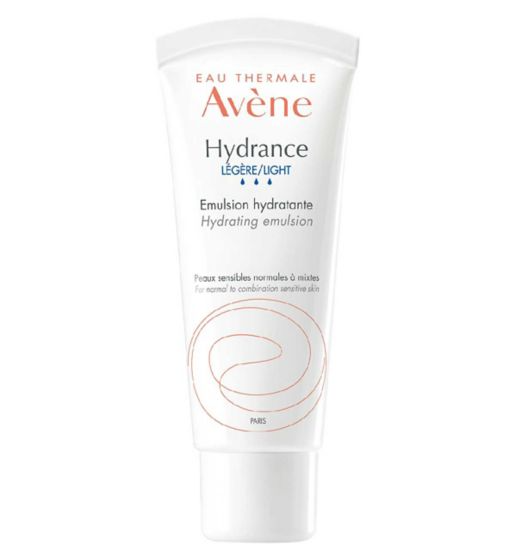The Advice This Beauty Expert Gives All Her Patients For Great Skin
Photo by Myesha Evon Gardner.
From LED face masks to exfoliating acids, more of us are adding steps into our skincare routines. You might have extra time to play around with new products or maybe you've been swayed by skinfluencer reviews on TikTok. Perhaps you're looking for ways to combat maskne breakouts, or your winter walks are playing havoc with your moisture levels. Either way, it's possible you're doing too much – and you might have picked up a couple of unhelpful habits along the way.
Lately, skin experts are championing stripped back skincare, or skinimalism, as Pinterest is calling the movement. One pro on board is Anita Sturnham MD, an expert in medicine, dermatology and wellness, and founder of skincare brand Decree. "My job in every skin consultation is to reset people's skin; we look at everything from their skincare to makeup," says Dr Sturnham. "We go right back to basics and take away all the things that the skin doesn't need. Instead, it's about having a very simple structure."
AdvertisementADVERTISEMENT
It's not uncommon for skin experts to ask patients to bring their entire beauty collection along to dermatology appointments so that they can whittle down their routine and weed out the products and techniques that might not be doing skin any good. As face-to-face skin consultations are on hold for the foreseeable future, we caught up with Dr Sturnham over Zoom, where she revealed the five simple rules that she always discusses with her patients who want clear, hydrated and healthy skin – and they're so easy to follow.
Stop over-exfoliating
Exfoliating acids, face masks and physical scrubs promise a clear, glowing complexion but it's so easy to go overboard and damage your skin, says Dr Sturnham. "One thing we're doing way too much of is exfoliation," she says. "A lot of people use exfoliating cleansers, exfoliating toners, exfoliating serums and exfoliating moisturisers. Then you might throw in a face mask or product with beads and scrubs. This just damages the skin barrier," she says.
Instead, choose one effective exfoliating product and stick with it. Dr Sturnham recommends starting with an exfoliating evening cleanser which brightens and unclogs skin over time. "This is a way of getting nice, gentle, daily exfoliation into your skincare routine without overdoing it," says Dr Sturnham. She is also a fan of exfoliating fruit acids or enzymes rather than beads, which have a rough texture and might upset skin. R29 recommends Elemis Papaya Enzyme Peel, £35 and Mario Badescu Enzyme Revitalising Mask, £17.
AdvertisementADVERTISEMENT
If you feel like your skin needs more exfoliation as it is clogged or dull, a stronger, once-a-week treatment might help. This should always be done in the evening to protect your skin. Try Decree's Weekly Decree, £120, a two-step exfoliating mask which takes just two minutes to work.
Look after your skin barrier
After exfoliating, it pays to treat your skin with a lot more care. "Many people exfoliate but they don't do anything else afterwards to help restore the skin," says Dr Sturnham. "When you exfoliate, you remove the bad stuff like old dead skin cells, oil and congestion, but you're also stripping your skin barrier." A stripped skin barrier can result in sore, red, flaky and dry skin. Always follow an exfoliating product with your trusty nighttime moisturiser to replenish your skin. In the daytime, use sunscreen, as exfoliating acids make skin sensitive to sunlight.
Your morning facial cleanse is important
A good skincare routine starts with cleansing but just washing your face in the evening isn't enough, according to Dr Sturnham. While your evening cleanse gets rid of remnants of makeup, oil, sunscreen and daily grime, your morning cleanse plays an important part, too.
"Your morning cleanse is designed to be nourishing, hydrating and non-stripping," says Dr Sturnham. "A lot of people when I first meet them say, 'I don't bother with a morning cleanse because I've removed my makeup the day before' but when I scan those patients' skin, I see redness, inflammation and pore congestion." Dr Sturnham explains that we all get a build-up of excess oil and debris on our skin overnight, not to mention remnants of our overnight skincare, which can clog skin when not washed away. "A gentle cleanser helps to reset skin and get ready for your day products so they absorb deeper and work more effectively," says Dr Sturnham. You don't need anything too harsh or fussy – it's important not to over-strip in your morning routine.
AdvertisementADVERTISEMENT
Exfoliating cleansers are popular right now for treating maskne breakouts but Dr Sturnham recommends only using them to treat acne and very oily skin. For all other skin types, opt for something simple, creamy and gentle, like Decree Light Cleanse, £15. R29 also rates Caudalie Cleansing Almond Milk, £15, and Nivea Gentle Face Cleansing Cream Wash for Dry & Sensitive Skin, £3.15. Both are fuss-free but cleanse well. "Most people need something very simple, like a gel or cream-based cleanser," says Dr Sturnham. "Add water, gently lather into the skin and massage for 60 seconds." Monitor your skin for how it feels, too. If your cleanser makes your skin tight or dry, it might not be hydrating enough.
Check the ingredients in your facial toner
The 'cleanse, tone and moisturise' mantra fell out of favour when it became popular to cocktail serums, masks and other skincare products. But lately, skin experts are championing facial toners again. Not only do they feel hydrating (beneficial when skin is zapped by central heating) but they can balance your skin and prepare it for any skincare products you apply on top. There's one ingredient you might want to skip, though.
AdvertisementADVERTISEMENT
"I've always been a fan of toners but a lot of them are heavily loaded with alcohol," says Dr Sturnham. "I'm not a fan of alcohol-based toners because they can really strip your skin of moisture," she adds. Alcohol denat in particular can be drying. Dr Sturnham suggests choosing something with soothing and moisturising rosewater and aloe vera. Decree's Preparatory Mist, £52, is a great addition to any skincare routine. Also try Glossier Soothing Face Mist, £13, and Liz Earle Instant Boost Skin Tonic, £16.50, both of which are alcohol-free and contain calming aloe.
Switch up your moisturiser
If your trusty moisturiser suddenly isn't cutting it for you, don't ditch it entirely. Skin requires different levels of moisture at certain times, for example when the weather changes and your skin is on the dry side, or on different days in your cycle, when your skin might feel oilier. "When you're stripping your skincare back, you should whittle it down to two textures of moisturiser," says Dr Sturnham: light and rich. "Be your own skin expert and switch in and out the moisturiser that suits your skin's needs on that day."
Dr Sturnham recommends the Peptide Emollient Veil +, £115, for skin that needs quenching. Also try Avène's Hydrance Rich Hydrating Cream Moisturiser, £15.50, and Light Hydrating Emulsion, £15.50, depending on your skin's needs.
Refinery29's selection is purely editorial and independently chosen – we only feature items we love! As part of our business model we do work with affiliates; if you directly purchase something from a link on this article, we may earn a small amount of commission. Transparency is important to us at Refinery29, if you have any questions please reach out to us.
AdvertisementADVERTISEMENT







